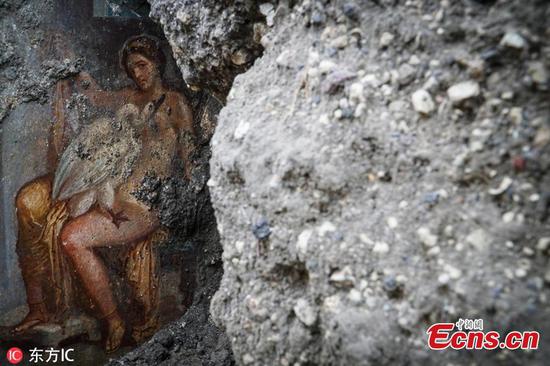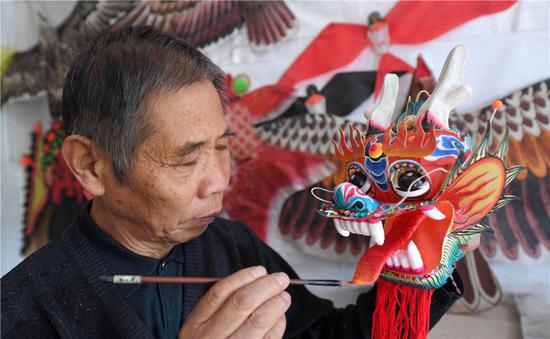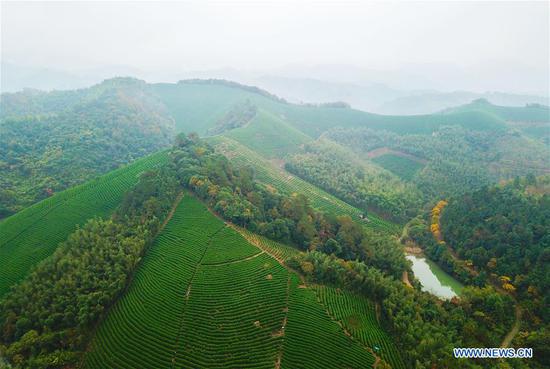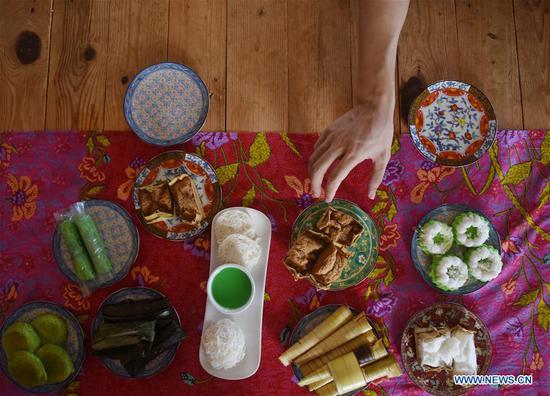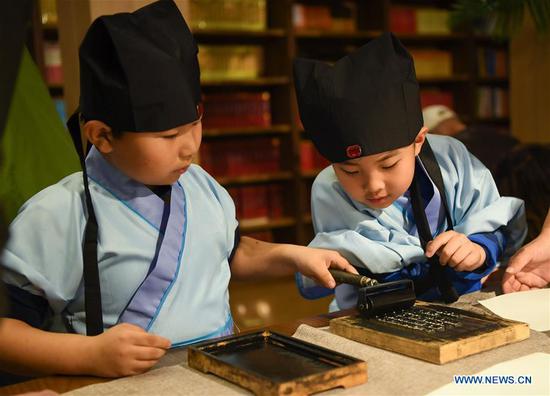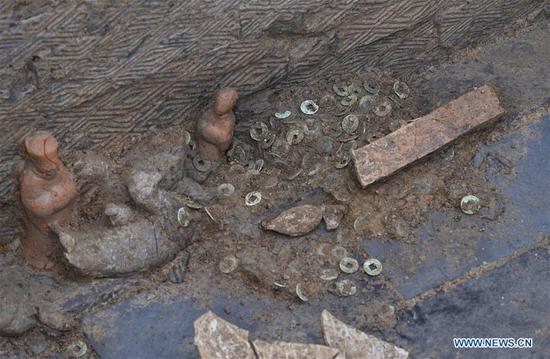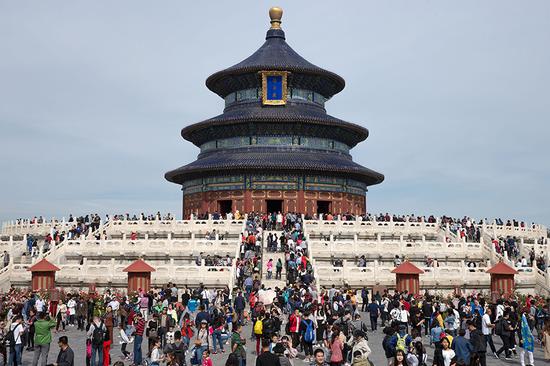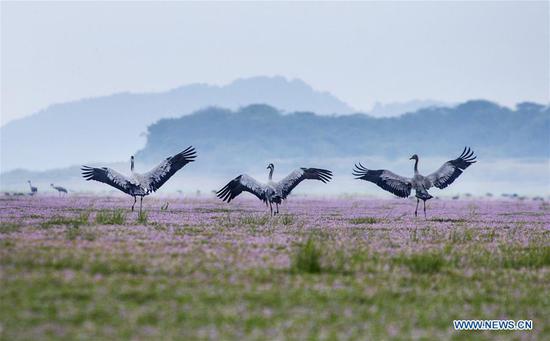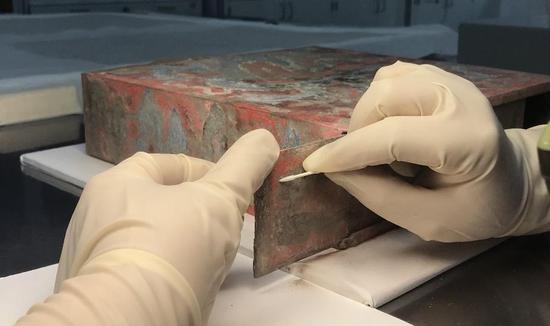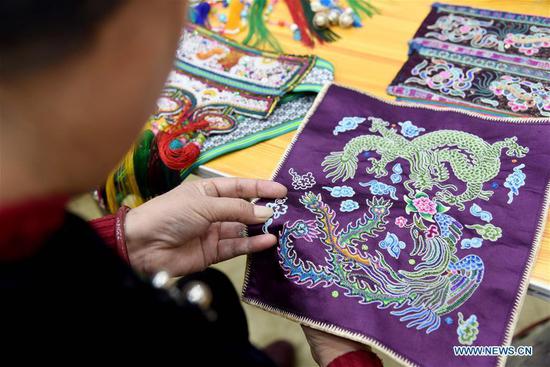“Beyond the bamboo grove, several peach trees are in bloom/ The river is warming, which the ducks are first to know”—thus, a peaceful evening by the riverside in early spring rendered by the influential 11th century poet Su Shi.
Though Beijing’s spring is fleeting and much less subtle,?as down?jackets get traded for?T-shirts within one weekend,?the city’s?various?spring blossoms?are still?some of the most exciting?sights of the metropolis.
In this fine springtime, we celebrate the Festival of Flowers, or Huazhaojie (花朝節, literally, “The Flower Morning Festival”) on the 15th day of the second lunar month (March 31 this year). In southern Chinese cities such as Suzhou, due to the warmer climate, it’s celebrated a few days earlier (the 2nd or?12th of the lunar month, depending on the region). A holiday?associated with?women and literati throughout history, Huazhaojie was once as important as the Mid-Autumn Festival,?but has almost fallen into oblivion in modern times, only to be?revived?in recent years along with the?Hanfu movement.
Believed to the birthday of flowers, Huazhaojie typically features worship?ceremonies?for the goddesses of flowers, floral appreciation, and poetry events. Among the most romantic and mysterious figures in Chinese folklore, the goddesses of flowers appear in various legends, one of which is recorded in the?Extensive Records of the Taiping Era?(《太平廣記》), a collection of supernatural stories compiled in the 10th century.
In this tale,?a?Daoist hermit named Cui Xuanwei returned?to his?abode after a long trip abroad to seek ingredients for an elixir, and found?wild plants thriving in his neglected garden. At midnight, on?a fine spring evening?under a bright moon and gentle breeze, Cui heard a maiden outside the wall asking if she and her?sisters could stop for?a rest on their way to visit an aunt. He agreed, and a dozen of beautiful women entered his courtyard, each of them distinctively charming.
The aunt they?spoke of also showed up not long after. The group started to drink and sing together. Mid-party, a young woman in red began to complain?that the aunt spilled a drink on her, and the party?broke up unhappily. The following evening, these women showed up again, explaining that they had intended to?visit the aunt to ask for a favor, but the young woman in red suggested that they ask Cui instead.
“We live in the garden and are constantly disturbed by wind storms at this time of the year, so we often ask?our aunt for protection,” said the young woman. These ladies asked Cui to raise a red flag on the east of his garden, patterned with?the sun, moon, and five planets, in the early morning on a day in February. Cui complied. Later, when a big windstorm hit, all the flowers in Cui’s garden were unaffected. Thinking back of his strange encounter with these mysterious women, Cui realized that they were all flower goddesses, ranging from pear to peach blossom. The young woman in red?was the goddess of pomegranate flower, while the aunt?was a tree goddess.
As a reward to Cui’s service, the goddesses gifted him magic petals to make?a medicine for eternal youth. From then on, people started to tie pieces of red silk on flower branches during Huazhaojie as a symbol of protection.
This weekend, don your traditional Hanfu and visit a park nearby for the Flower Festival. The spring blossoms are guaranteed not to disappoint.
Article by? Liu Jue (劉玨)









